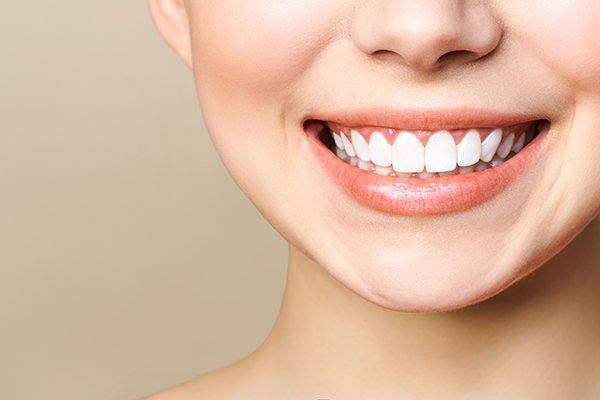Teeth whitening, especially advanced methods like laser teeth whitening, offers a fast and effective way to brighten your smile. However, your medical history plays a significant role in determining how well the treatment works, how safe it is for you, and what results you can expect.
Understanding the connection between your overall health and teeth whitening outcomes helps you and your dental professional plan the safest, most effective treatment tailored specifically to your needs.
1. Medications and Their Impact
Many medications can influence both the health of your teeth and gums as well as the whitening process:
- Antibiotics (e.g., tetracycline): If taken during childhood when teeth were developing, tetracycline can cause intrinsic tooth discoloration that is resistant to whitening.
- Antidepressants, antihistamines, and blood pressure medications: These can cause dry mouth (xerostomia), reducing saliva flow which normally protects teeth and helps clear stains.
- Chemotherapy drugs: May cause oral tissue sensitivity and dryness, increasing risk of irritation from whitening agents.
Effect: Medications causing dry mouth or discoloration can reduce whitening effectiveness and increase sensitivity.
2. Systemic Health Conditions
Certain systemic conditions influence oral health and whitening results:
- Diabetes: Poorly controlled diabetes can lead to gum disease, delayed healing, and increased oral sensitivity.
- Autoimmune diseases (e.g., lupus, Sjögren’s syndrome): These often cause dry mouth and fragile mucous membranes, making bleaching agents more irritating.
- Thyroid disorders: Can impact oral tissue health and saliva production.
Effect: These conditions may cause heightened sensitivity and slower recovery from treatment.
3. Dental Health Status
Your current dental health is vital:
- Gum Disease: Inflamed gums are sensitive and prone to irritation from whitening gels.
- Tooth Decay and Enamel Erosion: Whitening agents may worsen sensitivity and discomfort if decay or enamel damage is present.
- Dental Restorations: Crowns, veneers, and fillings do not whiten, which may affect cosmetic results.
Effect: Active dental issues should be treated first to avoid pain and achieve even whitening.
4. Intrinsic vs. Extrinsic Stains
- Extrinsic stains: Caused by foods, drinks, smoking, and are usually easier to lighten with whitening.
- Intrinsic stains: Result from trauma, medication, or developmental issues; more resistant to whitening.
Effect: Your medical history can determine stain type and influence whitening effectiveness.
5. Age and Lifestyle Factors
- Older patients may have naturally darker or more stained teeth due to wear and exposure.
- Lifestyle habits like smoking, coffee, or red wine consumption impact stain severity and maintenance post-whitening.
Effect: These factors influence how often treatments may be needed.
6. Allergies and Sensitivities
A history of allergies to dental materials or peroxide-based products may necessitate alternative whitening agents or techniques.
How Your Dentist Uses Medical History
- Customized treatment planning: Tailoring concentration, session length, and frequency based on your health.
- Precautionary measures: Using desensitizers or protective barriers if sensitivity is a concern.
- Informed consent: Ensuring you understand risks and benefits given your medical background.
Final Thoughts
Your medical history is a critical component of safe and effective teeth whitening. Sharing comprehensive health information with your dentist allows for personalized care, minimizing risks, and maximizing whitening results.
Always consult with your dental professional before undergoing whitening, especially if you have ongoing medical conditions or take medications.




